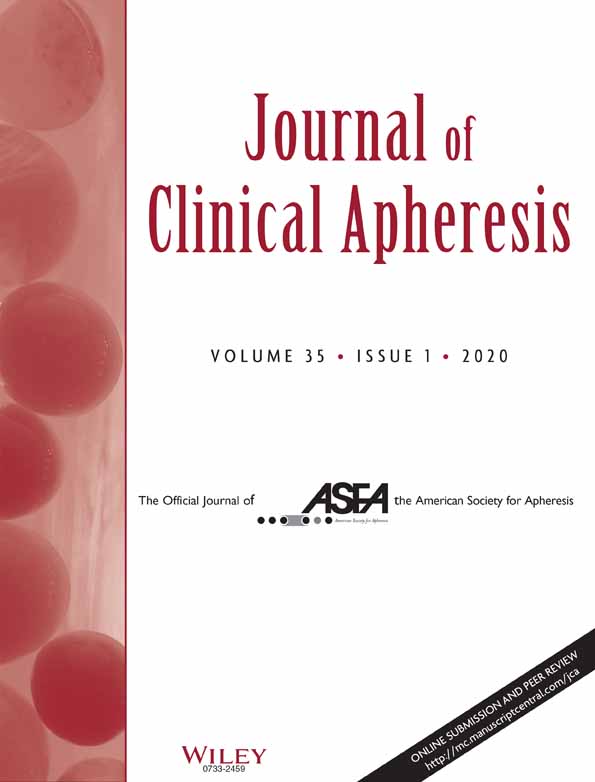Efficacy of Evolocumab vs low-density lipoprotein cholesterol apheresis in patients with familial hypercholesterolemia and high cardiovascular risk (EVOLAFER01)
Abstract
Low-density lipoprotein (LDL) apheresis has been considered the last option to treat refractory hyperlipidemia in patients with familiar hypercholesterolemia (FH). Evolocumab is a monoclonal antibody which has shown significant reduction of low-density lipoprotein cholesterol (LDL-C) serum levels and cardiovascular events.
The aim of the study was to examine the comparative impact of LDL-apheresis vs Evolocumab vs the combination of both LDL-apheresis and Evolocumab on lipid and lipoprotein parameters, and other metabolic/inflammatory measures.
Design of the study
Non-randomized open case series study of 10 adult patients diagnosed with FH already on long-term LDL-apheresis therapy. The study was developed in three consecutive phases to compare LDL-apheresis, Evolocumab treatment and the combination of both. Laboratory parameters were collected pre and post LDL-apheresis and before Evolocumab administration. The primary endpoint was the reduction of LDL-C during the three phases.
Results
Reduction of LDL-C levels with Evolocumab were 31.4% vs LDL-apheresis from 153 ± 35 mg/dL to 105 ± 56 mg/dL (P < .001). Reduction of Lp(a) was also significantly higher with Evolocumab (45.5%) than LDL-apheresis from 36 (6-119) to 20 (3-41) mg/dL, P = .027. In addition, HDL-C and apo-A increased after Evolocumab treatment, from 41 ± 6 to 46 ± 8 mg/dL (P = .003) and from 124 ± 13 to 144 ± 25 mg/dL (P = .001), respectively. No changes in immunological or inflammatory parameters were observed and no serious adverse events were recorded.
Conclusion
Evolocumab reduces LDL-C and Lp(a) more effectively than LDL-apheresis and combination of Evolocumab plus LDL-apheresis could be a therapeutic alternative to get lower LDL-C and Lp(a) levels in patients with very high cardiovascular risk.
CONFLICT OF INTEREST
The authors have no conflict of interest.




